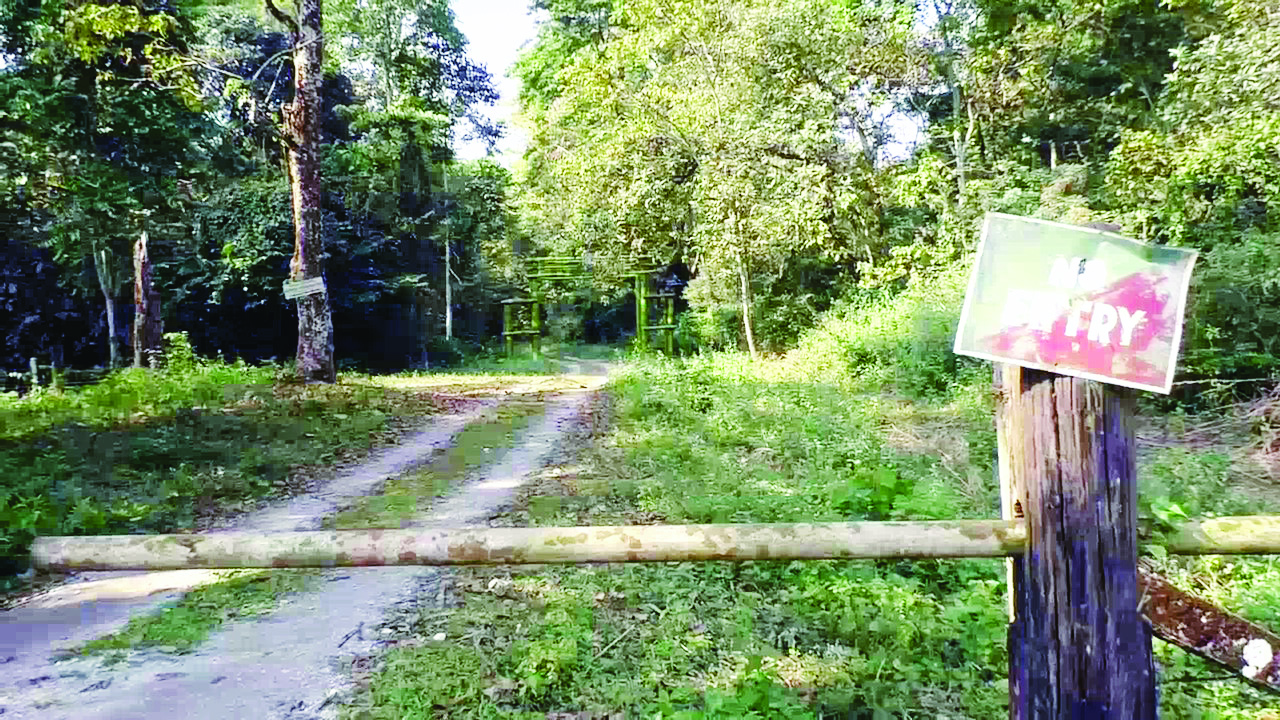Failure of Ujjwala Yojana scheme aggravates human-animal conflict

Alipurduar: The failure of the Ujjwala Yojana has sparked a fuel crisis in rural areas in North Bengal. With limited access to alternative energy sources, residents of forest settlements and tea gardens are increasingly turning to firewood gathered from nearby forests. This has led to numerous fatalities and dangerous encounters with wild elephants and rhinos.
The Ujjwala Yojana of the Central government, launched in 2016, aims to provide support to obtain LPG to BPL families especially in rural areas.
The price of cooking gas, now around Rs 1,000, is unaffordable for many. Moreover, the suspension of MGNREGA payments by the Central government has worsened the financial situation. As a result, people in local tea gardens and forest settlements rely heavily on Buxa Tiger Reserve and Jaldapara National Park for firewood. Excess wood is sold to local hotels, dhabas and tea shops to generate income.
The crisis was tragically highlighted last Thursday when three women were killed in a wild elephant attack in compartment number 4 of Bania Deep in Jaldapara National Park. The following day, another villager lost their life in a similar attack while collecting firewood in South Poro, Buxa Tiger Reserve.
Suman Kanjilal, MLA of Alipurduar, criticised the Ujjwala Yojana, stating: “BJP secured votes in its name, but villagers and forest dwellers can’t afford gas cylinders now. Even middle-class families struggle to pay Rs 1,000 for a cylinder. The halted MGNREGA payments have further worsened their economic condition, leaving many dependent on forests for firewood to cook and earn a livelihood.”
According to government data, around 88,000 cylinders were distributed in Alipurduar district under Ujala Yojana, but usage has dropped to 15 per cent post-Covid, indicating that financial constraints have discouraged beneficiaries. This has intensified pressure on forests, with local tea gardens adding to the strain.
Kalchini TMC president Asim Lama called the Ujjwala Yojana a “sham,” while Dakshin Satali resident Anindita Shaibo noted: “Even for families like ours, buying gas is now a luxury. For poorer families, the forest is their only option, despite the risks.” In response, the Forest department has increased night patrols, community awareness campaigns and crackdowns on illegal firewood collection. Navojit De, Assistant Wildlife Warden of the Jaldapara Forest Division, said: “We are taking steps like patrolling and public awareness to mitigate human-wildlife conflicts and protect lives.”



